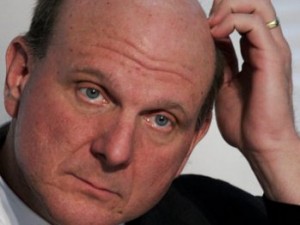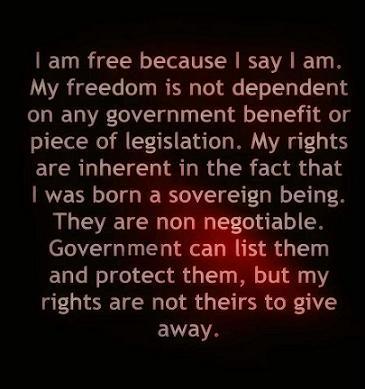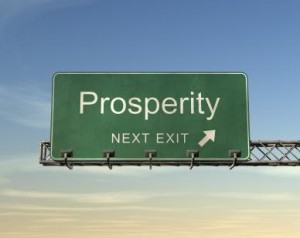In listening to the political rhetoric this election season, one phrase comes to mind, “straight from the horse’s mouth”. I’m hearing many politicians put a lot of words into their opponents’ mouths. In many cases, the claims are outrageous. Assertions of politicians wanting to hurt people, charges of hidden agendas against women or other interest groups, and accusations of criminal activity are just a few examples of all sorts of the crazy things being levied.
What I humbly suggest to all voters this year, regardless of which way you ultimately vote, is to base your vote on what is coming from the proverbial horse’s mouth. Instead of believing the wild accusations an opponent says about a candidate, listen to what the candidates themselves actually say. Yes, that means you must trust what the candidates are saying, but at least for this election, that’s probably your best bet. This year’s election is shaping up to offer voters something that we haven’t seen in a long time: races where the distinction between candidates are very clear.
Once all the rhetoric is distilled down, it seems that this year’s major races are largely shaping up to be a contest between people who believe in a drastically different size and role of government. What you as a voter need to decide is your belief in big government or small government. If you believe big government is the answer for society’s problems and want to see government get bigger, you have some obvious choices. If you think big government is the problem and would like to see it shrink so that the people can resolve their own problems, you have some other clear choices. Everything else the candidates talk about, especially the claims they make about their opponents, are mostly distractions. Don’t get caught up in them, particularly the negative attacks. Simply decide how you feel about the size and role of government, find the candidate that claims to line up with your view, and vote that way.
Now if you are having trouble understanding and deciding on the proper size and role of government, then let’s talk …









